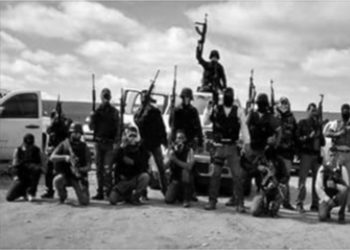Two scientists won the Nobel Prize in medicine on Monday for discoveries that enabled the creation of mRNA vaccines against COVID-19 and that could be used to develop other shots in the future.
Hungarian-born American Katalin Karikó and American Drew Weissman were cited for contributing “to the unprecedented rate of vaccine development during one of the greatest threats to human health in modern times,” according to the panel that awarded the prize in Stockholm.
WHAT IS THE NOBEL FOR?
The panel said the pair’s “groundbreaking findings … fundamentally changed our understanding of how mRNA interacts with our immune system.”
Traditionally, making vaccines required growing viruses or pieces of viruses — often in giant vats of cells or, like most flu shots, in chicken eggs — and then purifying them before next steps in brewing shots.
The messenger RNA approach is radically different. It starts with a snippet of genetic code that carries instructions for making proteins. Pick the right virus protein to target, and the body turns into a mini vaccine factory.
But simply injecting lab-grown mRNA into the body triggered an inflammatory reaction that usually destroyed it. Karikó, a professor at Szeged University in Hungary and an adjunct professor at the University of Pennsylvania, and Weissman, of the University of Pennsylvania, figured out a tiny modification to the building blocks of RNA that made it stealthy enough to slip past those immune defenses .








